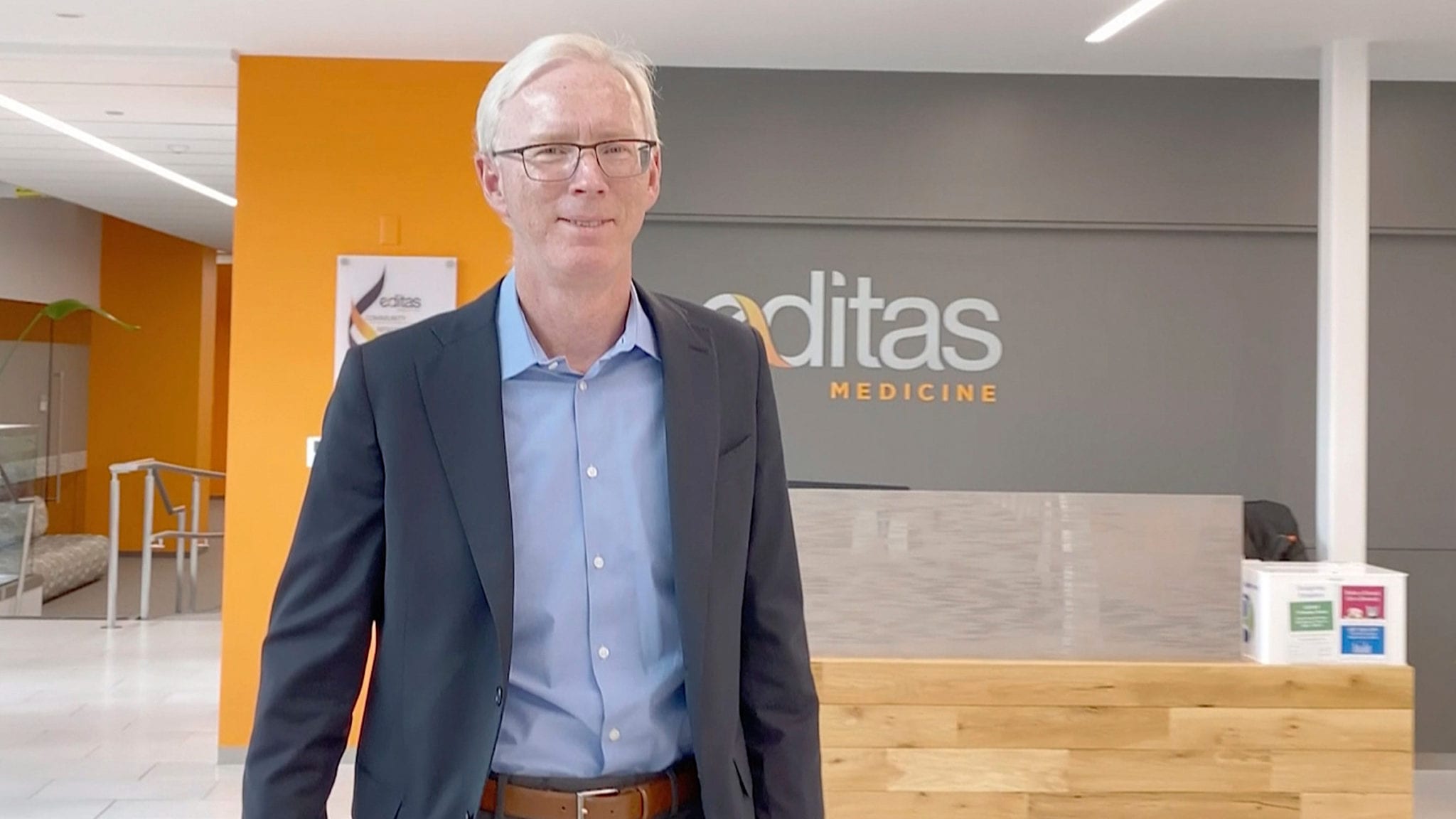
Charles Albright (Rodrique Ngowi, AP Images)
Editas Medicine's science head Albright leaves for new job just as biotech gets trial clearance for sickle cell therapy
Editas Medicine has received the FDA’s blessing to enter the clinic with its first ex vivo cell therapy — but it will do so without CSO …
Sign up to read this article for free.
Get free access to a limited number of articles, plus choose newsletters to get straight to your inbox.